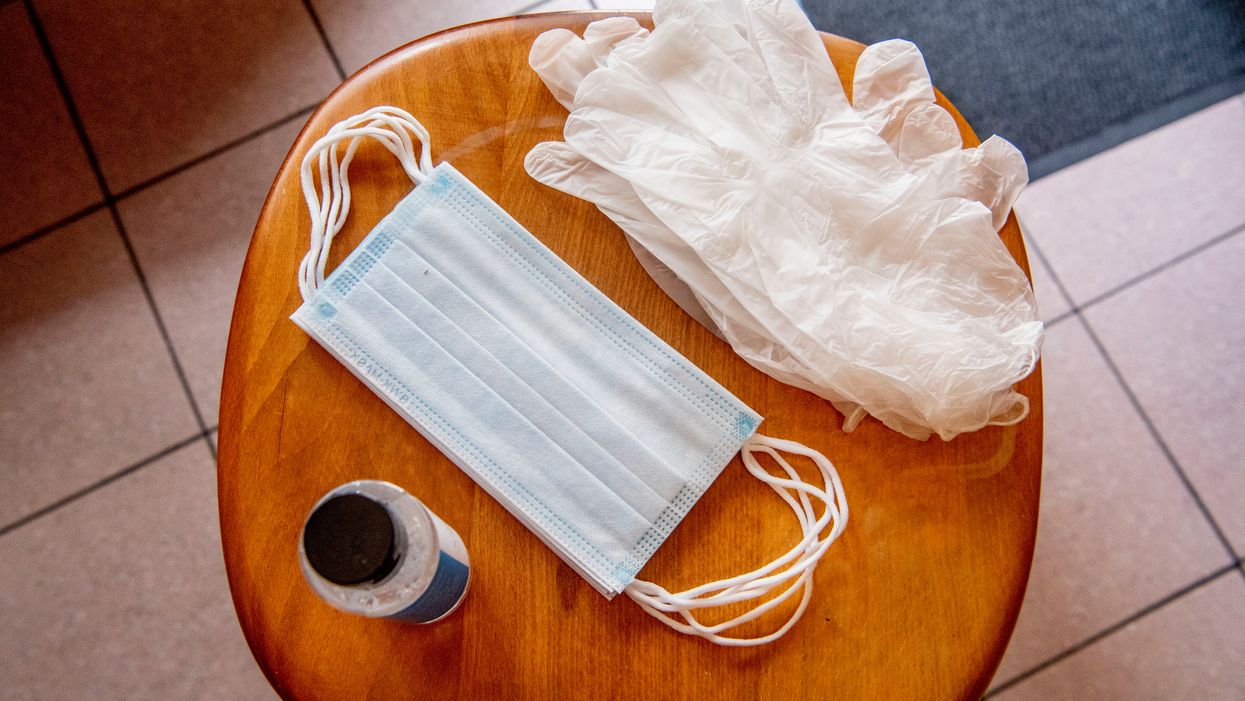
Photo by Robin Utrecht/SOPA Images/LightRocket via Getty Images

Priorities, right?
Officials at the University of Georgia are urging students to cover up their faces during sex to tamp down the spread of COVID-19.
Mask-wearing is just one directive the school's health officials suggested for its incoming student population for the fall semester.
Students took the university to task on social media, mocking it for the advice.
According to a Tuesday report from Campus Reform, the school suggests students wear masks, avoid face-to-face contact during sexual encounters, or avoid partnered sex at all during the coronavirus pandemic.
The school's health center, in a since-deleted page on its website titled, "COVID-19 Considerations," pointed incoming students to advice directing them away from "heavy breathing and panting" with a partner, since it can "further spread the virus."
The school also directed students to "avoid kissing and be creative with sexual positions that reduce close face-to-face contact."
"You are your safest sex partner," a portion of the guide read. "Practice solo sex, or limit the number of sexual partners you have."
"Wash your hands and objects with warm water for 20 seconds before and after sexual activity," the advice added.
The guide points out that it remains unknown whether people infected with the coronavirus can transmit the deadly virus through bodily fluids.
The information went viral on social media, where it was widely mocked, prompting the school to remove the helpful hints from the website.
Barstool Sports shared a screenshot of the guide on Twitter before the school removed it from its site.
A spokesperson for the university told the outlet that the information was a no-brainer.
"The information was consistent with the language that appears on multiple health and medical sites across the country, including the Mayo Clinic," the spokesperson said in a statement. "However, when the information was mocked, ridiculed, and criticized on social media, we decided to take it down."